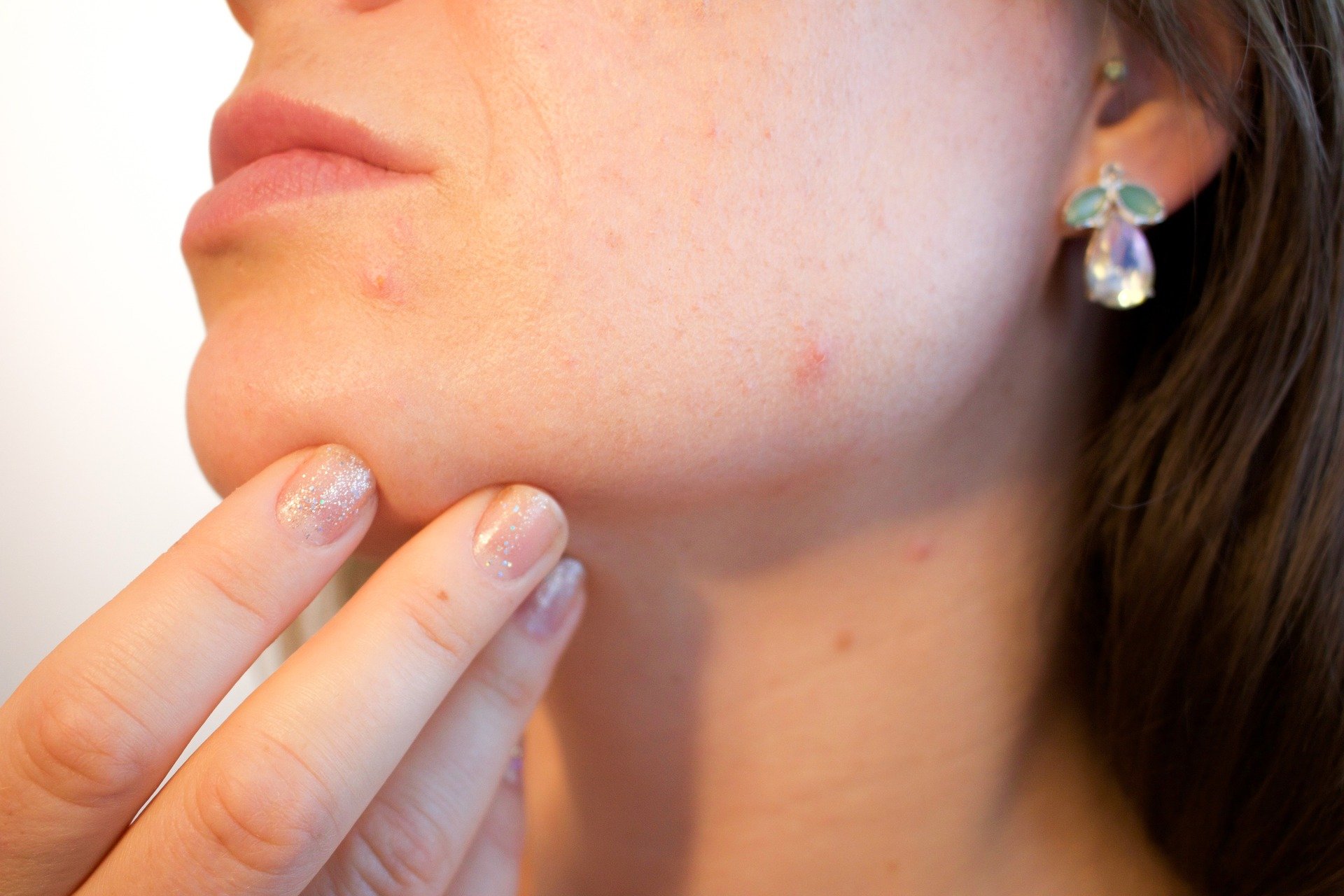Research published in the journal eLife has reported that the coronavirus is more transmissible with D614G, one of several mutations concerning variants in the United Kingdom, South Africa and Brazil.
Neville Sanjana, assistant professor of biology at New York University (NYU) in the US, said, “The mutation has reached near-universal prevalence and is included in all current variants of concern,”
“Confirming that the mutation leads to more transmissibility may help explain, in part, why the virus has spread so rapidly over the past year,” said Sanjana.
The researchers noted that the coronavirus spike protein D614G mutation possibly appeared in early 2020, and is now the most widespread and dominant type of the virus in many countries around the world.
The researchers introduced a virus with the D614G mutation into the human lung, liver, and colon cells in the latest analysis.
D614G variant infects human cells much more efficiently than the wild type
In contrast, they have introduced the virus version without the mutation observed early in the pandemic to these same cell types.
Compared to the original virus, the team found that the D614G version increased the transmissibility of the virus up to eight-fold.
The researchers also found that the mutation of the spike protein rendered the virus more resistant to other proteins being broken.
This offers a potential mechanism for the increased ability of the variant to infect cells, as the harder variant resulted in a higher per-virus proportion of intact spike protein, they said.
“The D614G variant infects human cells much more efficiently than the wild type,” said Zharko Daniloski, a postdoctoral fellow in Sanjana’s lab at NYU and the New York Genome Center.
The findings support a growing consensus among scientists that the D614G variant is more infectious, the researchers said.
They noted that findings on the increased transmissibility of the D614G variant may influence COVID-19 vaccine development.
According to the researchers, it could be useful for potential booster shots to contain diverse types of spike protein from various circulating variants.
This is because, they said, the vaccines with emergency use authorization were produced using the initial spike series, as well as those under production.
Studies are underway to understand how well these vaccines protect against the variants, all of which contain the D614G mutation, that has arisen in the UK, South Africa, and Brazil.











